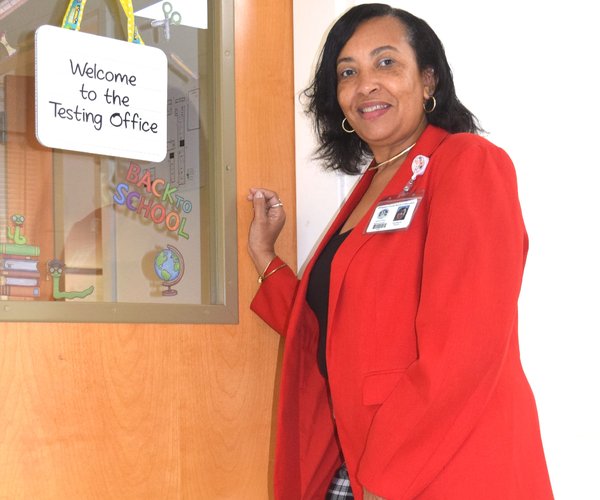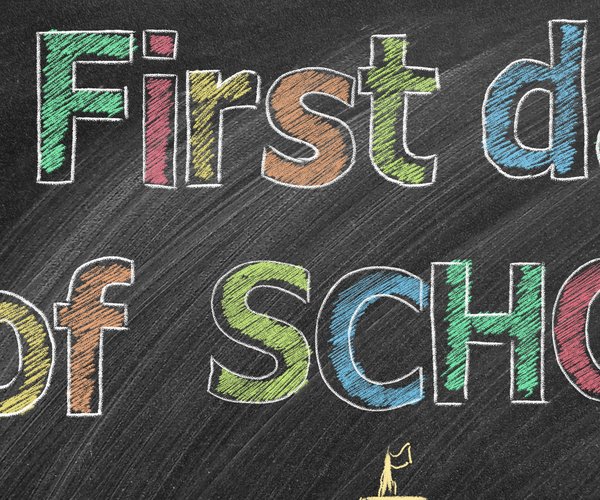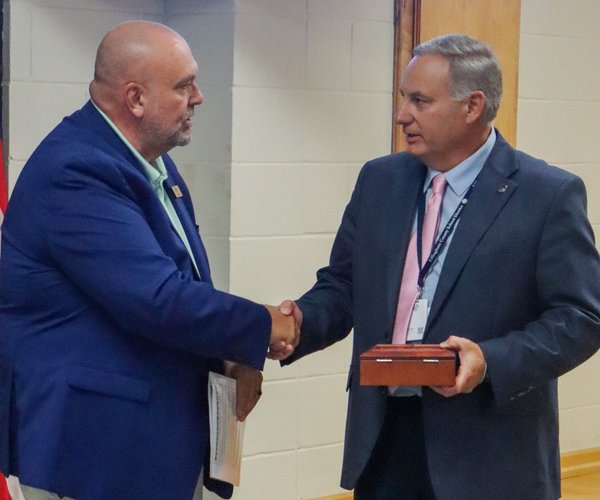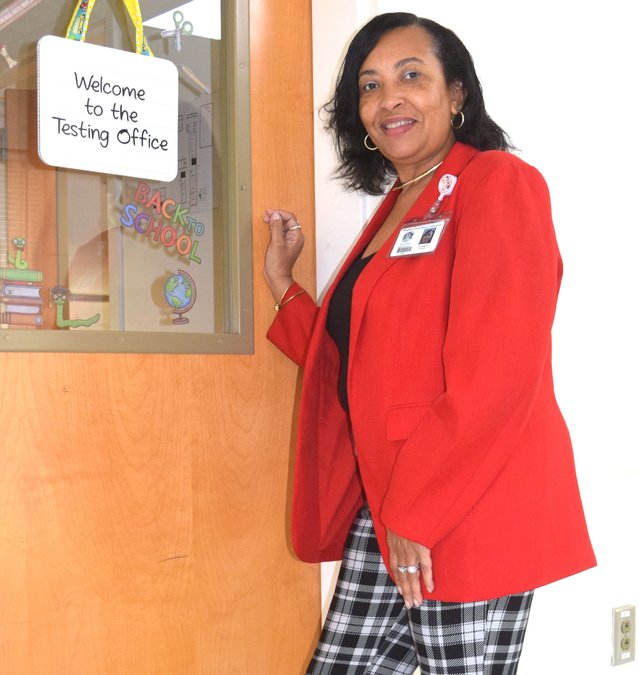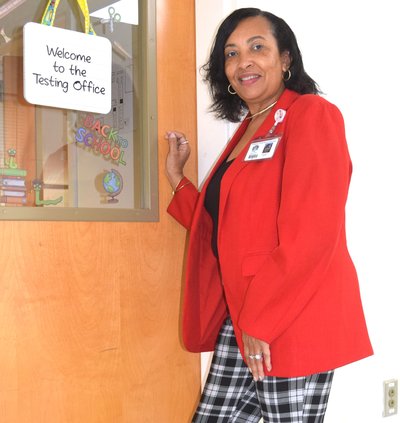Effingham County’s alternative school has proven to be a successful option for a number of at-risk students in the county, according to an administrator of the school.
John Wacha, an assistant vice president with Ombudsman Educational Services, told the Effingham County Board of Education on Wednesday that Effingham’s Ombudsman Center has had a 100 percent graduation rate in each of the past two years.
The goal for high school students who attend the alternative school, Wacha said, is for them to transition back to their school campuses, earn credits and graduate with a district diploma. Among students who were eligible to graduate in the spring following their admittance to the Ombudsman Center, all 10 graduated in 2010-11 and all 11 earned diplomas in 2011-12, according to Wacha.
“So the students aren’t going through a revolving door,” Wacha said. “They’re going back to their home schools and being successful.”
“It provides another opportunity for students to go to school, instead of expelling them where they’re out on the street,” Superintendent Randy Shearouse said. “If they want to take advantage of that opportunity, it’s there for them.”
Students are typically referred to the Ombudsman Center because of behavioral problems, but Wacha said “it’s a very rare day” that students cause disturbances once they’re in the alternative school. He said that, in the past three years, only eight students were removed from the program because of behavioral problems and three were dropped for poor attendance.
However, some students do regress. In that same three-year period, 17 alternative school students were incarcerated in the youth detention center.
“We’re not satisfied. We’ve done better than we did in year one, and we’re getting better and better,” Wacha said.
Ombudsman Education Services has operated Effingham County’s alternative school for the past six years. The school district pays the company approximately $280,000 per year and the contract is renewable annually, Shearouse said.
Effingham’s alternative school served an average of 75 middle and high school students per year over the past three years, with a student enrolled for an average of 63 days. The students on average are two years behind their peers in their reading and math skills, Wacha said.
“That means they failed a lot of state tests, and they fail a lot of courses,” he said. “We get a lot of third-year freshmen.”
Ombudsman uses “blended” learning, combining teacher-led and computer-assisted instruction. Subjects are customized for each student so they can work at their own pace and not worry about what their peers are doing.
The Effingham alternative school has a staff of three certified teachers, Wacha said. In addition, his office recently hired a data specialist, who analyzes each student’s performance to identify trends and recommend areas where a student may need more attention.
“I think it shows that the kids aren’t just put over there and forgotten about,” Wacha said. “They’re still part of the district. It’s just an alternate route for them to get back on track.”
Along with the perfect graduation rate, Wacha said 100 percent of Effingham’s Ombudsman students passed the reading portion and English language arts portion of the Criterion-Referenced Competency Test last year. Ombudsman had a 41 percent overall pass rate last year on the state End of Course Test, which Wacha said was significant considering its students have passed only about 20 percent of their classes in a traditional school setting.
The students don’t just work with their teachers or at their computers, though. Wacha said that professionals from several local companies visit the school regularly to talk to the students about careers, and students also participate in community service projects such as a canned food drive for Thanksgiving and a “giving tree” for Christmas.
“That’s part of the reintegration process to where they get a well-rounded education and get to build those pro-social skills be doing these events,” Wacha said.


